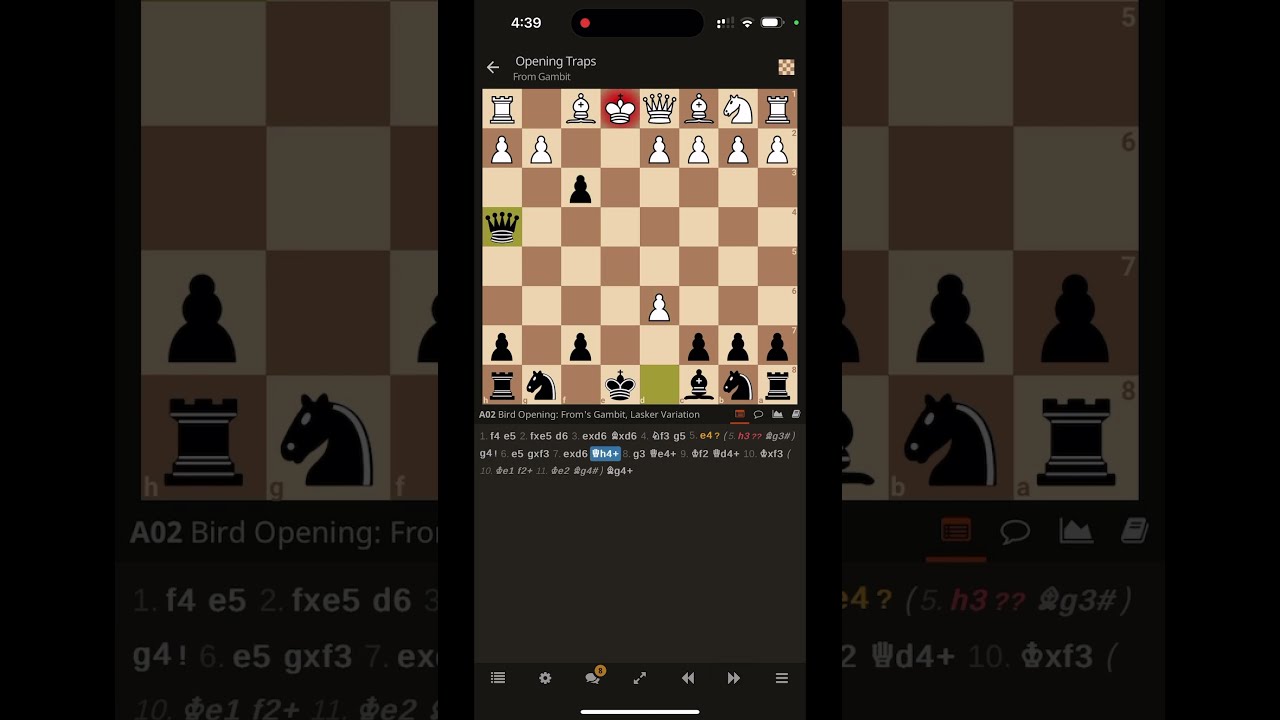In a world where every second counts, even the venerable game of chess finds itself in a race against time. FIDE, the global governing body, is embarking on a pilot project that could fundamentally alter how standard chess ratings are earned, introducing a format dubbed «Fast Classic.» This isn`t just a tweak; it`s a significant nod to the demands of modern life, stirring both excitement and a quiet hum of debate within the chess community.
The Unhurried Game Meets the Unrelenting Clock
For decades, a «standard» or «classical» chess game was synonymous with a lengthy, often multi-hour ordeal. Players would ponder moves for an eternity, sometimes stretching a single game over five or six hours. This extended contemplation is, of course, where the depth and beauty of chess truly shine, allowing for intricate strategic planning and complex tactical calculations. However, in our fast-paced society, such luxury of time is increasingly rare for both players and spectators.
The existing FIDE regulations for a game to count towards a standard rating are quite generous on time:
- For grandmasters (2400+ rating) or those playing them: a minimum of 120 minutes per player.
- For strong club players (1800+ rating) or those playing them: at least 90 minutes per player.
- For aspiring enthusiasts (below 1800 rating): a minimum of 60 minutes per player.
These requirements, while ensuring the «classic» feel, often restrict tournaments to one or perhaps two rounds per day, making them long, drawn-out affairs that can be challenging for busy professionals, students, and even organizers to commit to.
Enter the «Fast Classic»: A Calculated Compromise?
Recognizing this growing disconnect, FIDE has greenlit a pilot project to test a new time control for standard-rated games: 45 minutes plus a 30-second increment per move from the very first move. This move, championed initially by chess patron and organizer Oleg Skvortsov, aims to create events where rounds typically last two to three hours, making it feasible to host two rounds in a single day without exhausting the participants or pushing schedules to the brink.
But what does 45+30 truly mean for the game? It`s significantly faster than traditional classical controls, yet still substantial enough to prevent the frantic nature of rapid or blitz chess. Players will have to think quicker, manage their time more efficiently, and make critical decisions under less pressure than in blitz, but certainly more than in a 120-minute game. It’s a delicate balancing act – preserving the strategic depth of classical chess while infusing it with a much-needed jolt of speed.
The Test Arena: Qatar and Beyond
To gauge the viability and impact of this «Fast Classic» format, FIDE has designated three upcoming tournaments as test cases:
- The Qatar Cup (September 7–13)
- The QCA Training Center September Tournament Classical (September 25–27)
- The prestigious Women`s World Team Championship (November 17–24)
These events will operate under standard rating rules with two crucial modifications: no title norms will be awarded (a pragmatic choice to avoid unintended disruptions to the grandmaster qualification system), and organizers are capped at scheduling no more than two rounds per day. This controlled environment will allow FIDE to collect valuable data and feedback, much like a meticulous scientist observing a new variable in an experiment.
The Great Debate: Evolution or Erosion?
This initiative isn`t without its potential critics. For chess purists, the idea of shortening classical games for rating purposes might feel like a sacrilege, a dilution of the very essence of serious competitive chess. They might argue that true mastery is demonstrated over hours of deep thought, not in a slightly accelerated format. «What`s next?» one might imagine them musing, «Rated bullet games counting for Elo?»
However, proponents would counter that this is a necessary evolution. In an era dominated by instant gratification and accessible online platforms, making over-the-board chess more approachable and less time-consuming could attract new players, boost participation, and make high-level tournaments more engaging for a broader audience. The ability to complete a serious tournament over a weekend, rather than a full week, could be a game-changer for many.
“The initiative responds to a growing demand from players and organizers to recognize `fast classic.` In modern life, time is increasingly limited, and there is a clear trend toward shorter formats that remain serious and competitive.”
The Road Ahead: Data, Feedback, and the Future of Chess
FIDE`s approach is commendably cautious. This isn`t a unilateral declaration but a pilot, a controlled experiment designed to gather real-world data and, crucially, feedback from the very players and organizers who will be most affected. The results of these three tournaments will be thoroughly analyzed, offering insights into player satisfaction, game quality, and the overall impact on the rating system. Only then will a decision be made on whether to implement «Fast Classic» more broadly.
The «Fast Classic» might just be the logical next step in chess`s long and illustrious history. It presents a fascinating challenge: can we retain the intellectual rigor and strategic depth that define classical chess, yet package it in a format that better suits the rhythm of 21st-century life? The answer lies not just in the clocks, but in the hands and minds of the players who will test this new frontier. The chess world watches with bated breath to see if this accelerated classic will usher in a new, more accessible era for standard-rated play.

